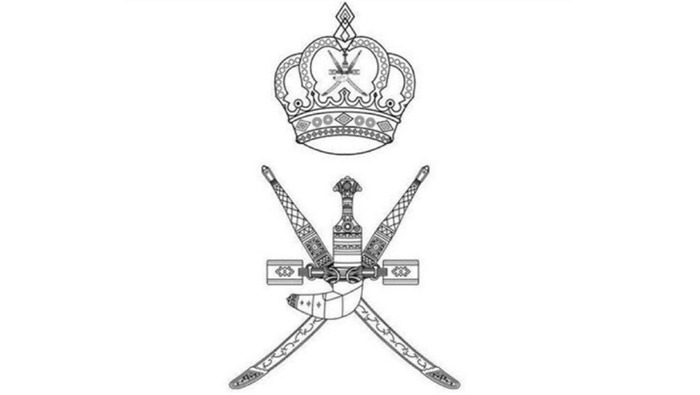
Muscat: The Value Added Tax (VAT) will be imposed in the Sultanate within 180 days from the date of publication of Royal Decree No. 121/2020 in the Official Gazette. By then, Oman will join 160 other countries in the world that impose the VAT.
The VAT is an indirect tax borne by the end consumer. The importer calculates and collects the 5% VAT and delivers the value to the Tax Authority.
This tax will be imposed on most goods and services (with the exemption of a specific set of goods and services) rendered to consumers at outlets throughout the Sultanate. It will also be imposed on imports of goods to the Sultanate, except the ones exempted by law.
The GCC unified agreement on VAT, signed by member states in November 2016, defined the principles on which the VAT law is based in each GCC state. Every member state may opt for different tax adjustments to some aspects of the agreement.
The 5% VAT is considered one of the lowest payments of its kind, compared to international rates. Therefore, its impact on individual cost of life is expected to be limited.
The rates of implementation of VAT in the above-mentioned 160 countries ranges from 5% to 27%. The VAT is expected to provide an additional source of support to the State’s general finance. It is also expected to ensure the quality of public services and enhance the realization of the Sultanate’s goals of diminishing dependence on oil and other hydrocarbon sectors as main sources of revenues.
The implementation of the VAT is hoped to have a positive impact on economic and social development, besides fueling the international competitiveness of the Sultanate because financial revenue from VAT will contribute to the establishment of sustainable economy for future generations.
Other positive effects will be the improvement of public services, the sustained development of future infrastructure and the generation of more stable tax income that will help predict good or difficult economic conditions. The VAT’s efficacy lies in its low cost in terms of management and collection.
The business sector will serve as collector of tax in the Sultanate and it will only bear the cost of imposing the VAT, collecting it, claiming it and adhering to it as per the law and bylaw. Taxpayer establishments will add the VAT on taxable goods and services, while the end consumer of goods and services will bear the VAT cost.
The business sector is required to register for VAT. To meet the target, its establishments have to operate a competent system of accountancy and billing, besides maintaining accurate accounting registers.
The impact of VAT on cost of life is expected to be limited, since Oman implements the lowest rate of such tax whose effect on goods and services will almost be imperceptible.
The list of goods and services exempted from the VAT includes healthcare, education, financial services, basic foodstuffs and supplies for the disabled, among other items and services.
As per the VAT Law, the business sector has to explain the rate of value of this tax to be borne by the consumer against the procurement of goods and services at business outlets. It has to provide necessary information that help the consumer select certain goods and services. The regulations require that the VAT shall be stated in a business establishment’s bills.